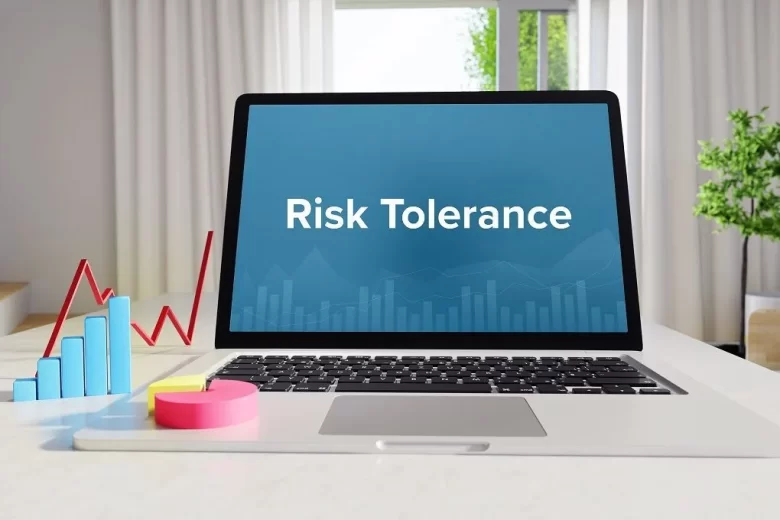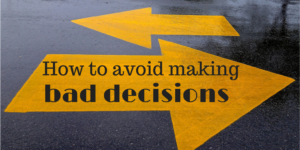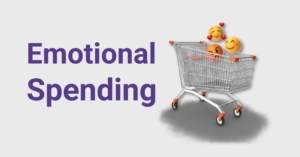Every one of us encounters risks and challenges in life, whether it’s with money, career, relationships, or setting personal objectives. However, different people have different ways of approaching risk. For example, thrill-seekers are those who feel comfortable taking big risks and bearing big potential rewards. Others approach risk with great caution, weighing every option meticulously before making a move. This fundamental difference is termed “risk tolerance, which sheds light on various aspects of an individual.
Grasping risk tolerance perspective is far more useful than mere financial insight. It exposes the personality, mindset, lifetime goals, values, and fundamental principles of an individual. Assuming a person is evaluating investment options like the stock market, they would ask themselves if they would prefer placing the monetary bet that could make huge returns or if, on the contrary, the job opportunity offer would feel more certain and predictable. In this piece, I would elaborate on the insights that risk tolerance presents, its manifestation on a day-to-day basis, and why adopting this perspective ultimately results in reasonable and firmer decisions.
The Psychology Behind Risk Tolerance:
Persons with higher openness to experience, emotional stability, and self-confidence tend to have higher risk tolerance. Individuals who are generally more inquisitive and flexible are more tolerant towards risk because they are more willing to take new and less structured journeys. On the contrary, those who wish to have control tend to have a lower risk tolerance. Such individuals prefer planning to spontaneity and safety to thrill.
Interestingly, risk tolerance isn’t fixed. Changes in one’s life stage, experiences, or even financial standing can affect risk tolerance over time. A person who has been cautious for the major part of his life may shift to becoming more daring due to a life event that completely alters his perspective. Understanding the way you think about and deal with risk allows you to comprehend your behavioral patterns in your personal and work life.
Your Financial Risk Appetite and Money Personality:
Investing, perhaps, is where risk tolerance is measured most. How do you feel about market shifts? Are you comfortable, or do they send you into a panic? If you’re more aligned with higher-risk assets such as stocks and cryptocurrency, you’re more likely to believe in long-term earnings and have confidence in enduring short-term setbacks. This suggests that you value growth and opportunity.
On the other hand, if you’re leaning more towards savings accounts and bonds, you’re likely to be someone who prioritizes security and predictability. This doesn’t suggest a negative inclination; instead, it demonstrates that you appreciate stability, peace of mind, and consistency. Financial risk tolerance is often indicative of one’s broader mindset. Those who are financially more daring usually extend this willingness to take risks to other aspects of life as well, like business, changing jobs, or taking unconventional vacations.
Career Choices Relative to Risk Appetite:
In this context, the professional pathway you choose to pursue speaks volumes about your risk appetite. Someone with a high-risk appetite is likely to gravitate toward entrepreneurial business opportunities, cross into different industries, or take up positions in more chaotic startups because these individuals look forward to change, growth, and innovation. Such individuals are usually willing to embrace failure as part of the journey.
On the other end of the spectrum, those with low tolerance for risk prefer job security and established corporations with well-defined career progression paths. They might become less inclined to accept promotions if those come with added responsibility and uncertainty. Neither approach is better than the other. It is simply a question of preference and personal values. Understanding where you sit helps you make better career choices and align decisions to who you are instead of what you believe you ought to become.
Emotional and Relationship Risks:
Your risk tolerance can impact your relationships. Emotional risk tolerance, in particular, is something few people pay attention to. Are you an open book? Do you take emotional risks when it comes to love, friendships, or family? Or do you remain guarded to avoid potential emotional harm? Those who are risk-tolerant in a relationship tend to enter them trusting and vulnerable. They are willing to face uncertainty for the possibility of deeper connections. Others, meanwhile, take their time and assess if the person is safe and trustworthy. These tendencies define your relationship dynamics. Recognizing your emotional risk threshold won’t just make you more articulate; it will improve the quality of relationships you form and help you manage conflicts more strategically.
Growth, Aims, and Life Biographies:
The level of risk a person is willing to undertake affects more than finances, jobs, and even personal relationships—it influences a person’s entire life, especially as it relates to personal development. Highly risk-tolerant people generally take bold actions like relocating to a new city, taking up a new hobby in their later years, and even chasing dreams that most people would shy away from. Their outlook enables them to regard uncertainty as a transformation opportunity instead of a situation to dread. People with low risk tolerance might take a long time to make their self-directed changes, but when they do, it will be gradual. This methodical, stable approach has the benefit of reduced chaos and still meaningful progress. Recognizing biases helps in making decisions that empower values.
Utilizing Your Risk Tolerance To Your Advantage:
Having risk tolerance gives you the ability to make decisions with a heightened sense of assurance. It keeps you anchored during tumultuous situations and lowers the regret and anxiety that come with decision-making. If you are a high-risk taker, make sure to use caution along with enthusiasm during preplanning and other decision-making stages. This avoids the collision of overwrought emotions and hasty decisions that can be damaging. If you shy away from the limbic system-dominated regions of the brain, then attempt small and calculated steps that are beyond your comfort zone. This will make you resilient and eventually afford you the ability to deal with larger risks. In the end, neither side is better than the other. The essence is in understanding oneself and making choices that fit one’s risk profile.
Conclusion:
Your risk tolerance is a function of your inner self—it determines how you react to change, uncertainty, and opportunities. Both ends of the spectrum, that is, whether you are a chronic risk-taker or prefer the slow and steady path, have their upsides and ways to achieve success and satisfaction. The most crucial part is knowing where you are and learning to leverage that trait instead of letting it undermine your efforts.
With risk tolerance, one can navigate the complexities of life’s turns with more decisiveness and confidence. It permits action grounded in reality rather than steps designed by a different person’s perception of achievement. The need to change one’s behavior is not the essence of risk tolerance; it simply means trusting one’s instinct, knowing one’s strengths, and nurturing them at one’s own pace.
FAQs:
1. Can risk tolerance change over time?
Yes, risk tolerance can shift from one’s life experiences, age, financial situation, or other major life events. It’s natural and should be reassessed periodically.
2. How can I measure my risk tolerance?
Understanding your comfort level with certain risks is made easier with the plethora of online quizzes and tools provided by financial advisors, as well as self-assessment methods.
3. Is low risk tolerance a bad thing?
Not at all. Low risk tolerance simply implies one’s preference toward being more stable and cautious. It is an asset while decision-making when paired with prudent behavior.
4. How does emotional risk tolerance affect relationships?
Your vulnerability and approach to trusting others are greatly influenced by emotional risk tolerance and determine how fast you build relationships.
5. Can I train myself to take more risks?
Indeed, placing yourself in situations with small risks progressively can support your confidence and comfort zones in the long run, enabling growth and adaptation.




